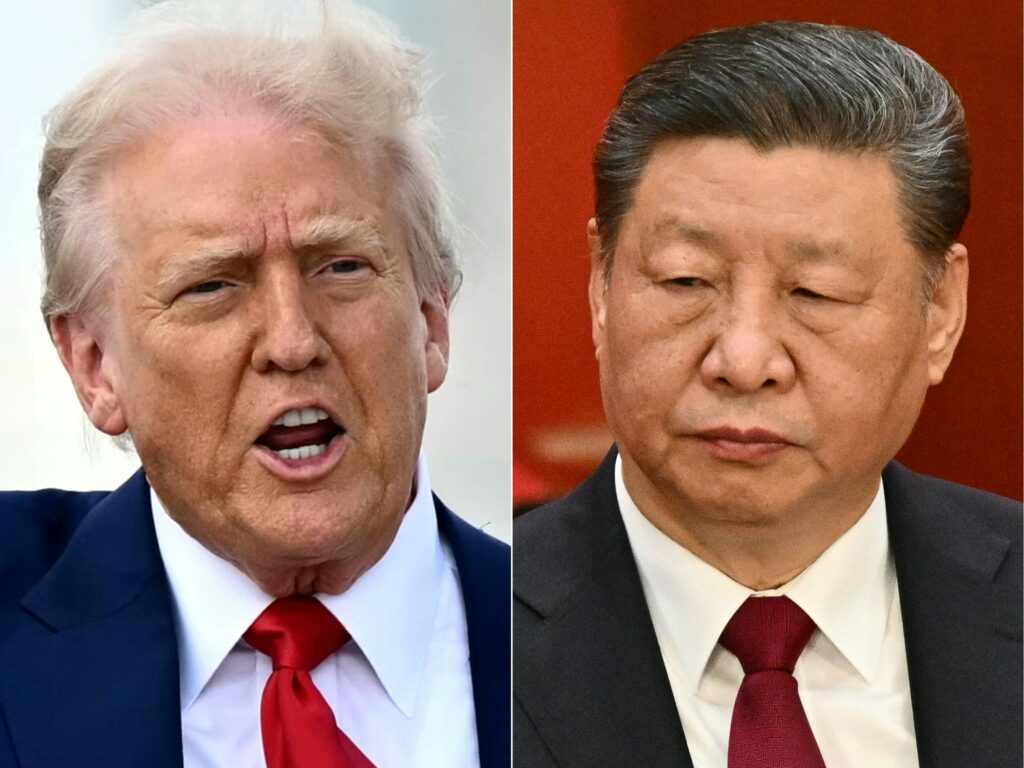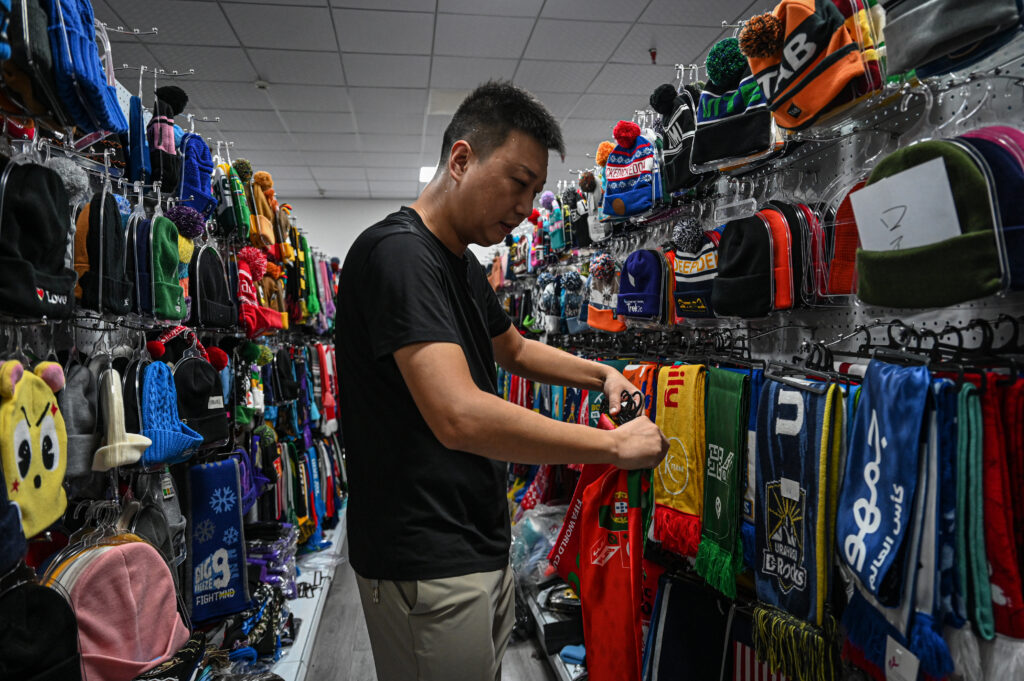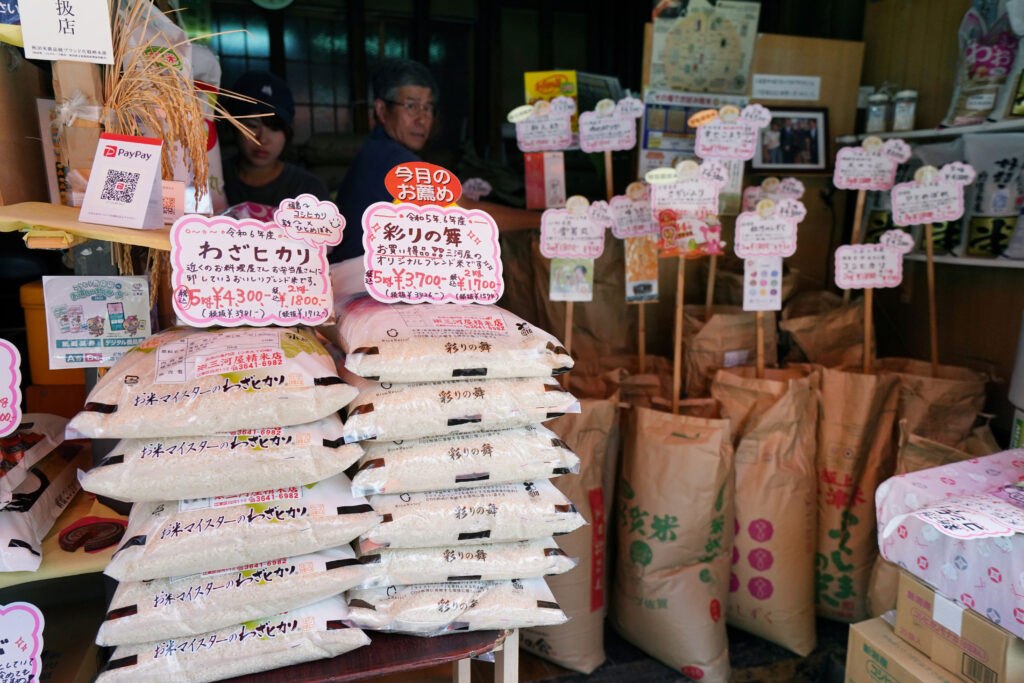Trump sees progress on TikTok, says will visit China
US President Donald Trump hailed on Friday a call with Chinese counterpart Xi Jinping, claiming a deal to sell blockbuster app TikTok could be a “formality” and saying he would visit China, which gave a more cautious assessment of their talks.The leaders of the world’s two largest economies spoke by telephone for the second time …
Trump sees progress on TikTok, says will visit China Read More »




